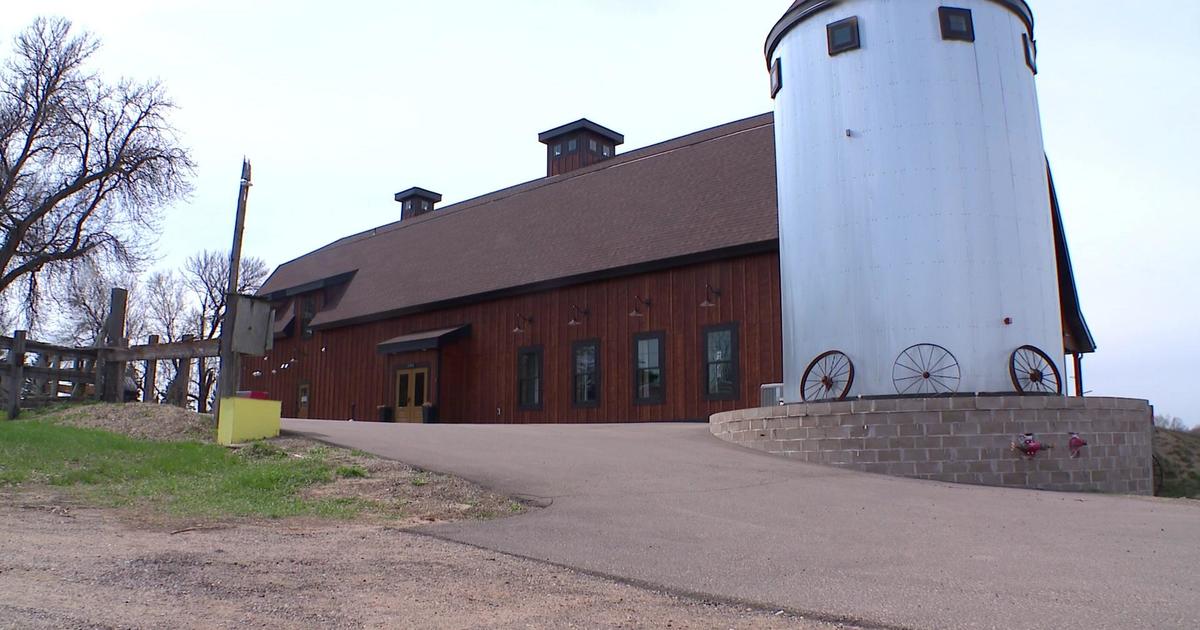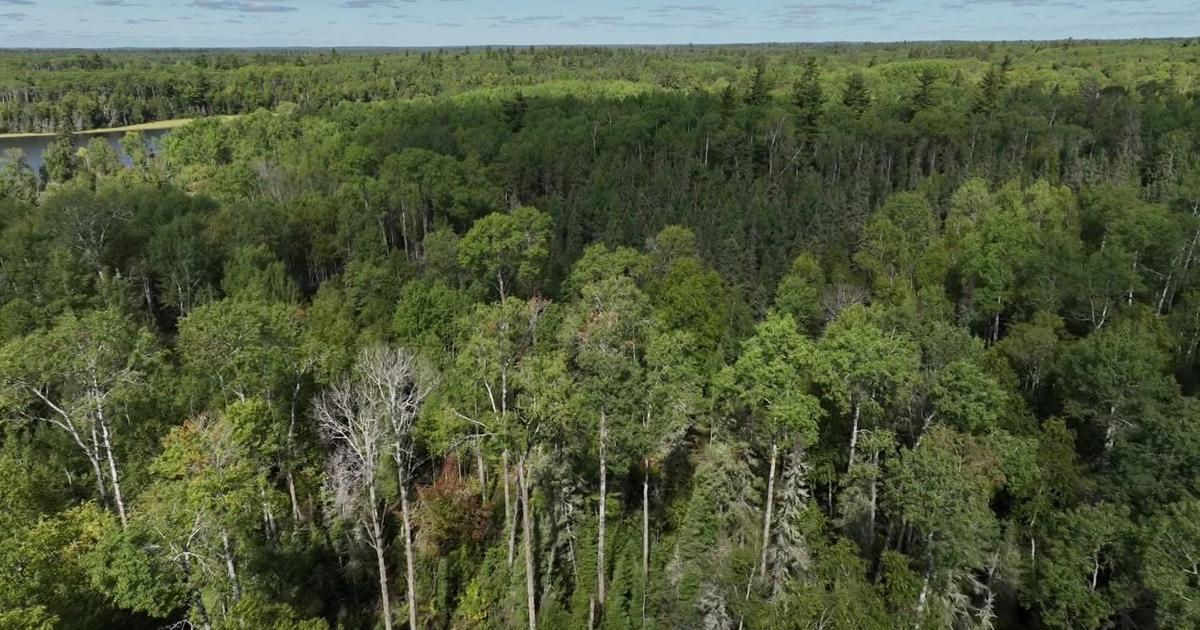Study: Warmer Lakes Could Mean Less Walleye
MEDICINE LAKE, Minn. (WCCO) -- It's clearly Minnesota's number one game fish. But walleye anglers take note -- a recently released study in the Badger state predicts trouble on the horizon.
"The lakes will become more suitable for species like largemouth bass," said Gretchen Hanson.
Hanson authored the study but now works for the Minnesota Department of Natural Resources fisheries. Using computer modeling they looked at 2,100 Wisconsin lakes, factoring in 30 years of changing water temperatures and its effect on walleye and largemouth bass.
"We found walleye reproduction is best in cooler lakes and the largest lakes and that largemouth bass reach the highest densities in the warmer lakes," Hanson said.
It's particularly troublesome for walleye in our smaller lakes, which are less tolerant to temperature swings.
By mid-century, it's projected the number of Wisconsin lakes supporting walleye reproduction will drop from 10 down to 4 percent, while largemouth bass will populate an incredible 89 percent of all lakes -- up from 60 percent today.
Still, it's hard to predict impacts on lakes with a different geological makeup.
"Understanding the specific lake characteristics in a state like Minnesota would be important to understanding how the fish are going to respond," Hanson said.
Warming water temperature is among the theories factored in to the serious decline of Lake Mille Lacs walleye, where the impacts of fewer fish are already felt by anglers and the sportfishing economy.
The study is somewhat consistent with what University of Minnesota Duluth researchers are finding.
Scientists reported just last week that summer surface temperatures in Lake Superior have increased by 5 degrees over the past 30 years.



